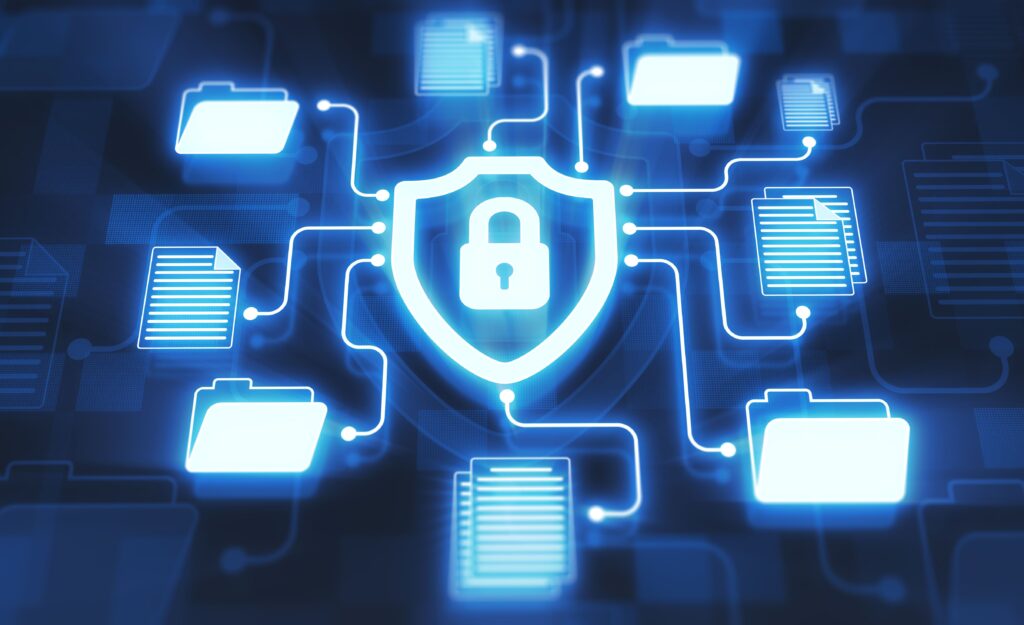“Security Considerations in ERP Systems: Protecting Your Data”

“Security Considerations in ERP Systems: Protecting Your Data”
Continuing our series, this blog delves into the significance of security in Enterprise Resource Planning (ERP) systems, focusing on prevalent threats and best practices for protecting sensitive data.
In the current digital era, data security is paramount for businesses of all sizes. With the widespread adoption of ERP systems, safeguarding sensitive information is more crucial than ever. This blog will examine essential security considerations in ERP systems and offer practical tips for protecting your data.
- Understanding the Risks:
ERP systems contain a vast amount of sensitive information, such as financial data, customer details, and intellectual property, making them prime targets for cybercriminals. Common security threats to ERP systems include:
- Unauthorized Access: Hackers may exploit vulnerabilities in the ERP system to gain unauthorized access to sensitive data.
- Data Breaches: Breaches can occur due to weak passwords, unsecured networks, or inadequate encryption measures.
- Malware Attacks: Malicious software such as ransomware or trojans can infect ERP systems, causing data loss or system downtime
- Insider Threats: Employees with access to ERP systems may unintentionally or maliciously compromise data security.
- Best Practices for Securing ERP Systems
To mitigate ERP security risks, organizations should implement the following best practices:
- Role-based Access Control: Limit access to ERP modules and data based on users’ roles and responsibilities.
- Strong Authentication: Enforce the use of complex passwords, multi-factor authentication, and biometric verification to prevent unauthorized access.
- Encryption: Encrypt sensitive data both in transit and at rest to protect it from unauthorized interception or theft.
- Regular Updates and Patch Management: Keep ERP systems and associated software up to date with the latest security patches and updates to address known vulnerabilities.
- Network Segmentation: Segment ERP systems from other network resources to minimize the impact of a security breach.
- Employee Training and Awareness: Educate employees about security best practices, such as identifying phishing emails, and encourage a culture of security awareness.
- Incident Response Plan: Develop and regularly test an incident response plan to effectively respond to security incidents and minimize their impact.
- Vendor Risk Management: Assess the security practices of ERP vendors and third-party service providers to ensure they meet your organization’s security standards.
- Continuous Monitoring: Implement robust monitoring and logging mechanisms to detect and respond to security threats in real time.
Protecting data in ERP systems is essential for maintaining the integrity, confidentiality, and availability of your organization’s information. By understanding the risks and adopting best practices for ERP security, you can safeguard your data from cyber threats and ensure the smooth operation of your business.
Should you require any assistance or further guidance, you can contact us. Our team is readily available to support you and address any queries you may have. We’ll be more than happy to assist you.

